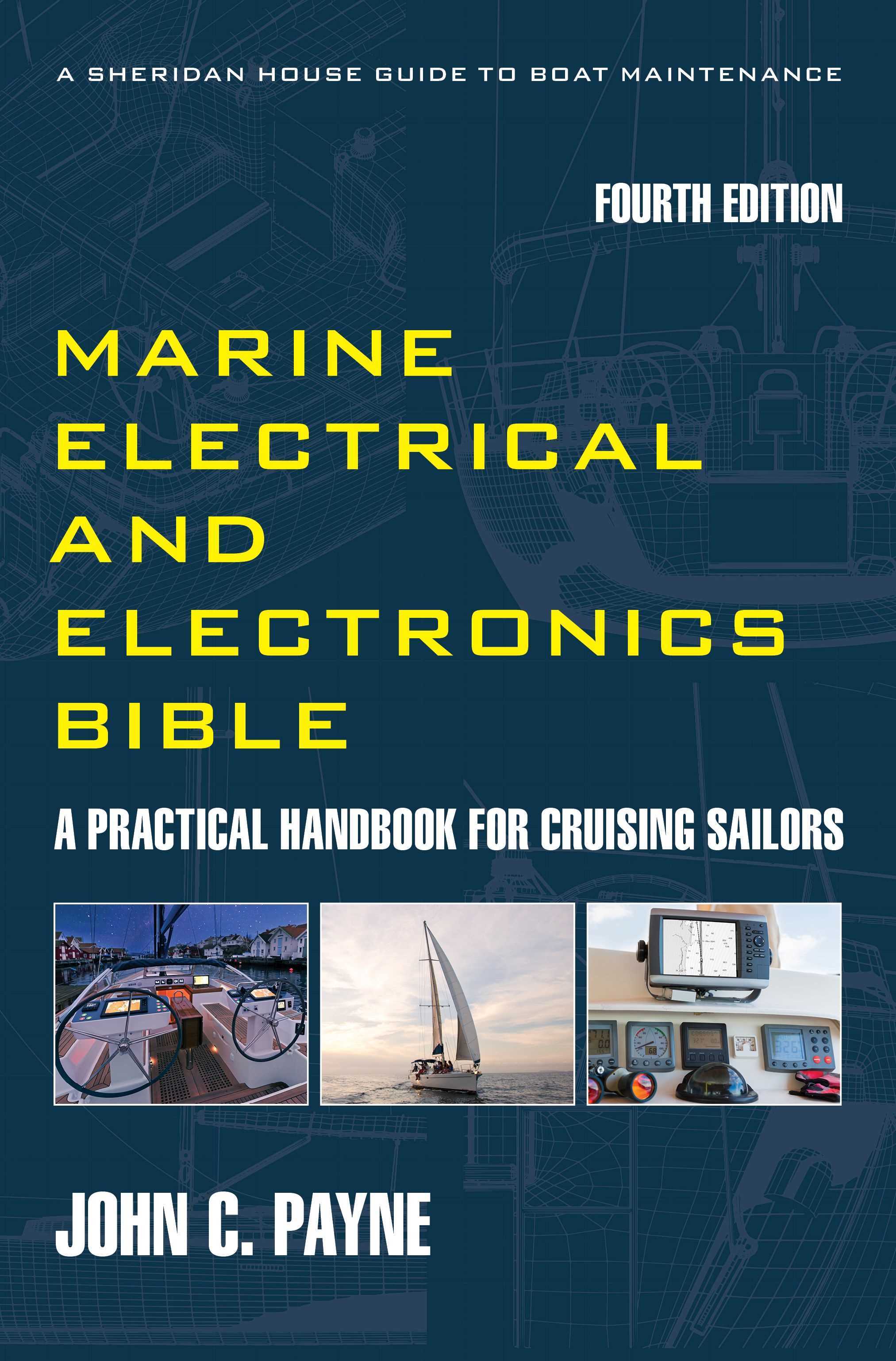The Boat VHF Radio
The boat VHF radio is probably the most useful radio communication equipment available. It allows simple and easy ship to ship, or ship to shore communications. The one disadvantage is however that range of a marine VHF radio is line of sight and this is typically around 35 miles. More about VHF aerials and radio range below.
VHF Boat Radios
VHF (Very High Frequency) radios are a vital safety and communication tool for anyone operating a boat. Unlike mobile phones, VHF radios provide direct, reliable contact with other vessels, marinas, and emergency services— even in remote areas without cell coverage.
VHF radios operate on designated marine channels, with Channel 16 reserved for distress, safety, and calling. Boaters must monitor this channel at all times while underway. In an emergency, a “Mayday” call on Channel 16 alerts nearby vessels and the Coast Guard, enabling rapid response. For non-emergency assistance, “Pan-Pan” or “Sécurité” calls are used to communicate urgency or navigational warnings.
Modern VHF units often include Digital Selective Calling (DSC), allowing boaters to send automated distress signals with GPS coordinates. This feature enhances rescue accuracy and speed, especially when paired with a registered Maritime Mobile Service Identity (MMSI) number.
The 4th Edition of the Marine Electrical Electronics Bible Get your copy and start becoming self sufficient and save money on expensive technician callouts.VHF radios also provide weather updates, navigational information, and coordination with marinas or bridges, making them indispensable for trip planning and safety. Handheld VHF units offer portability for small craft like kayaks or jet skis, while fixed-mount systems are standard on larger vessels.
To use a VHF radio effectively, boaters should follow proper etiquette: keep transmissions brief, identify their vessel, and avoid unnecessary chatter on emergency channels. Training courses are available to improve proficiency and ensure compliance with local regulations.
Boat VHF Radio Licensing
All countries have boat VHF radio licensing regulations that must be adhered to. Failure to comply may result in prosecution and fines. All boat VHF installations must possess a station license issued by the appropriate national communications authority, i.e. FCC. At least one operator, normally the person registering the installation should possess an operator's license or certificate such as Restricted Radiotelephone Operator Permit (RROP) or other document. See details below for USA, Australia and the UK and check with the requirements of your local jurisdiction.
Boat VHF Radio Licensing USA
USA. In the United States the Federal Communications Commission (FCC) is the regulator and they have criteria for the requirement for a radio operators license or permit is required. Criteria included the vessel type and size, along with the area the boat is operating, who the communications are with and the radio equipment to be used. The majority of recreational boaters do not require a license. So if your boat is under 300 tons, does not carry more than 6 passengers for hire, is not a MF or HF radio, is not communication with foreign radio stations then you do not need a license. Note that DSC VHF along with SatCom and SSB radios have different requirements. You can obtain these various licenses online at the FCC websites
If you plan on departing US waters, you will have to obtain several FCC licenses which will cover marine radio equipment on your vessel as operator licenses. You will have to get a FRN number to start with. The Ship’s Station License (SSL) assigns you a call sign, and this covers your VHF radio, Radar, EPIRB and any other transmitting radio equipment. Make sure you include current and planned equipment purchases so you are covered. Also you should request your MMSI number as you will need this for satellite EPIRB’s and GMDSS DSC VHF radios. It should be mentioned that you should make sure all your equipment is registered that includes the EPIRB, DSC VHF radio, SSB radio, PLB and so on.
Boat VHF Radio Licensing UK
UK. In the UK you will need a similar Ship’s Radio License. Handheld VHF/DSC radios require a special license. You will need to get a Short Range Certificate (SRC) for operating VHF and VHF DSC radios. There is also the Long Range Certificate (LRC), to operate MF/HF/VHF equipment that be required to fit GMDSS (Global Maritime Distress and Safety System) equipment beyond sea area A1. These are administered by AMERC in the UK.
Boat VHF Radio Licensing Australia
Australia. In Australia there is the Australian Waters Qualification (AWQ). There is also the Long Range Operator Certificate of Proficiency (LROCP), the Short Range Operator Certificate of Proficiency (SROCP) and the Global Maritime Distress and Safety System (GMDSS) General Operators Certificate of Proficiency (GOCP). Check out details at ACMA. More about safe fishing and boats and all about boat radios.
